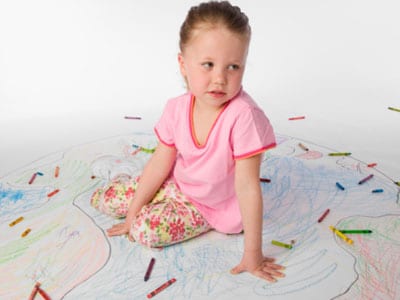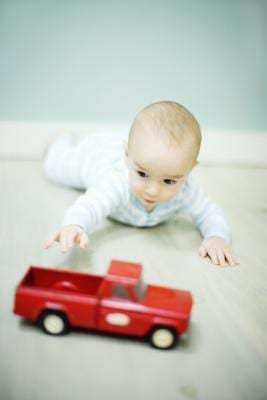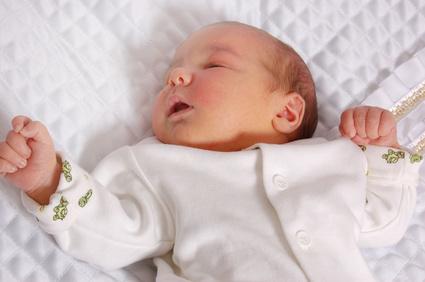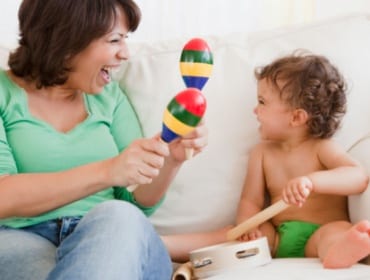Search Results for: sensory activities
Sensory Activities for Children
Children are natural explorers, so providing them with experiences and activities that stimulate their senses will fascinate them. Remember that almost any interactive or hands-on sensory experience will have greater resonance than a cultural or educational video. Follow the philosophy of early childhood specialist Howard Gardner, who developed the theory of multiple intelligences, and orchestrate experiences geared toward the various types of learning: musical, visual, kinesthetic, linguistic, interpersonal, naturalistic, mathematical and intrapersonal.
Autism Awareness Activities
Autism is a sensory disorder that affects millions of American children and adults. While nearly everyone has heard of the disorder, many fail to realize the impact that autism has on the way the autistic person interacts with his outside world. By engaging adults or children in autism awareness activities, you can help them develop a better understanding of autism.
Infant Activities at Daycare
Taking care of infants at a daycare requires diligence and a positive attitude. Babies need to have their basic needs met, such as feeding and diapering, but they also need plenty of stimulation and attention to aid in their development. Daycare providers can use many age-appropriate and fun activities to help babies of all ages blossom into happy, healthy children.
Activities for Blind Babies
Visually impaired infants face challenges, but hands-on activities can help blind babies learn about the world and begin making connections. Special activities work well at home or in a child care setting. The ideas also work just as well for infants without visual difficulties, making them even more appropriate for child care with a mixed group of babies.
Music Activities for Babies
Introducing babies to different sounds, noises and styles of music can develop their auditory skills and improve their attention spans. Infants can recognize different sounds at a very early age, and exposure to music between birth and age 6 can develop a childs affinity for certain types of music. Musical activities, such as singing, humming and moving around to the beat of various types of music, also can develop basic motor, social and communication skills in infants.




